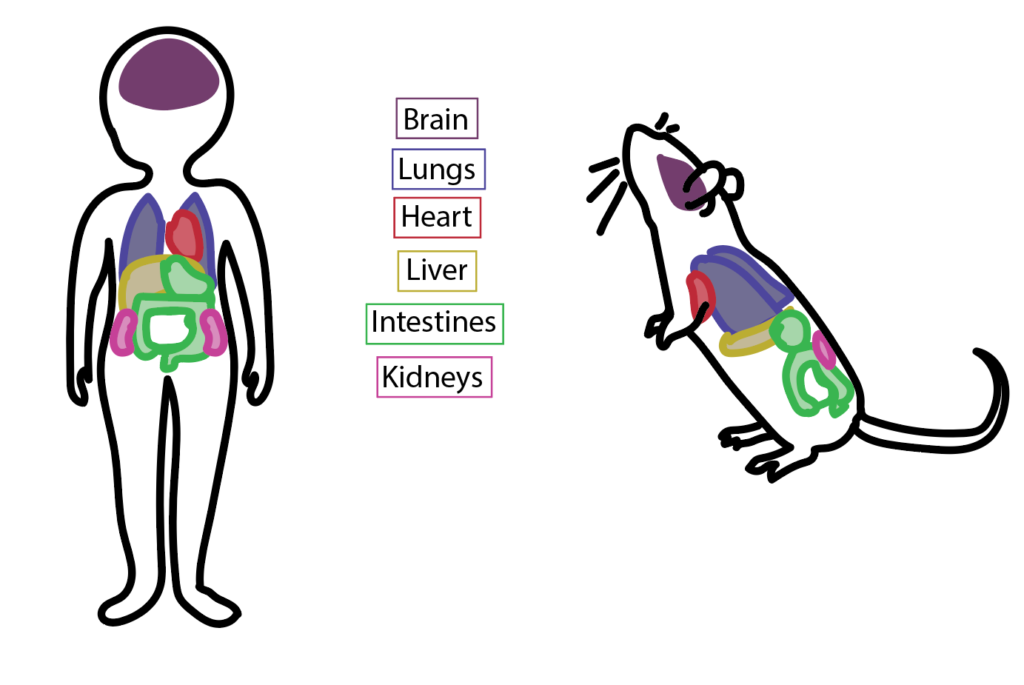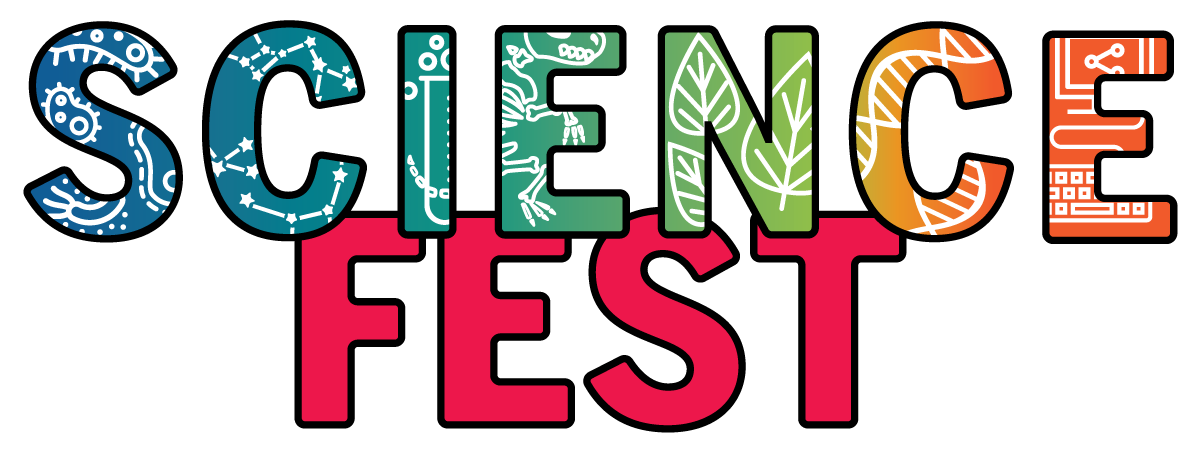Mice: model organisms
Did you know that researching mice can teach us about our own bodies and behavior?

Although we don’t look alike, mice and humans have a lot in common biologically. Humans and mice share how we develop, all major organ systems, and about 95% of our genes, the genetic codes that build and regulate our bodies.
Because of these similarities, researchers have used mice as a model organism, a species commonly used in laboratory research, to study human biology and medicine for over 100 years!

In the Hurley Lab, we are interested in how isolation changes the behavior of mice and because of the similarities between mice and humans, we can apply our findings to better understand how isolation changes the behavior of humans too. To study this, we put mice that have been isolated from other mice with another mouse and record the mice during their first social interaction in a long time.
Can you think of a time you talked to someone after not seeing them for a long time? Was this conversation different from conversations with people you talk to every day? For example: Does it feel different to talk to them? Do you talk about the same things? How long does the conversation last?

This is what other people are saying about the experience of communicating with someone after being apart for a long time. Do any of these responses look similar to what you said?
Although we can’t ask mice how they feel about seeing another mouse after being alone, or isolated, we can measure changes in their brains and behavior. Isolated mice put more effort into communicating, which we measured as a higher number of vocalizations and those vocalizations were longer. Isolated mice also vocalized and behaved as if they were courting their social partner when they were not in a courtship interaction. This was especially true when isolated mice were interacting with mice that lived in groups and had plenty of social interactions. Altogether, these results teach us that when meeting again after isolation, isolated individuals make a greater effort to communicate and may communicate in a way that’s out of sync with our partner.



Leave a Reply
You must be logged in to post a comment.